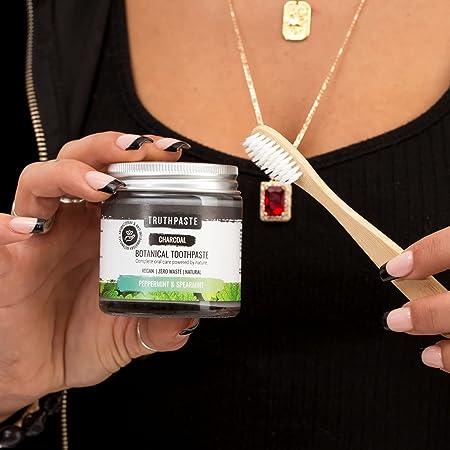Clean skincare shouldn’t feel like a 15-step performance. As the clean beauty movement grows, more people are stepping back from constant layering and asking a simpler question: what actually supports skin health, without creating extra waste? In this Friendly Turtle EcoBlog guide, we break down what clean skincare really means, what to look for on ingredient labels, and how to build a sustainable self-care routine that’s realistic for everyday life. Expect practical, low-fuss advice: prioritising your skin barrier with a gentle cleanser, a nourishing moisturiser and daily SPF; avoiding the temptation to stack strong actives; and giving products time to work before swapping them out. We’ll also share small, eco-friendly habits that add up finishing what you already own, buying with intention, and choosing refillable or lower-waste options where possible so your routine feels calm, effective and kinder to the planet.
Share your articles with us and get published! Reach out at hello@friendlyturtle.com.
Make Your Morning & Evening More Eco Friendly with Plastic-Free Toothpaste

A healthy lifestyle comes with a good diet and regular exercise…and sometimes an overlooked step: good dental hygiene. Regularly brushing your teeth not only gives you a brighter smile but it also rids your mouth of any harmful bacteria. However, most types of toothpaste come with toxic chemicals, such as propylene glycol, triclosan, and sodium lauryl sulphate (SLS). In addition to that, toothpaste comes in plastic tube packaging that is non-recyclable and harmful to the environment.
Luckily, reliable manufacturers have found a way to distribute a plastic-free toothpaste alternative. These all-natural toothpastes are blended with minerals and essential oils that prevent disease-causing bacteria from thriving inside your mouth. Plastic-free toothpaste comes with or without fluoride, and never with glycerine or sodium lauryl sulphate, making it the healthiest option for your dental routine.
Afraid you might not get that minty fresh breath you get with regular toothpaste? Fear not, you can get that from organic toothpaste as well! Leading manufacturers offer various flavours, including English peppermint and lime, fennel, and spearmint. Your mouth will always feel fresh after brushing your teeth, even with the foaming agents and SLS you always find in non-organic toothpaste.
Plastic-free toothpaste is an excellent alternative for those seeking to live an eco-friendlier lifestyle. These products can be purchased in refillable glass jars — perfect for reducing your waste around your bathroom sink! Other products, such as toothpaste tablets, come in portable tins if you need to freshen your breath outside your home. Trusted suppliers in the UK offer affordable refill packs should you run out.
Avoid exposing your mouth to harmful chemicals and start using plastic-free toothpaste. Purchase a set from reliable providers that have years of experience in manufacturing eco-friendly products. Choose a store that supports customers in their quests to live more sustainably and responsibly.
0 comments
Let customers speak for us
Blog posts
Fleas and ticks aren’t just a nuisance, they can trigger skin irritation, allergic reactions and, in some regions, carry disease. That’s why many pet owners end up weighing natural essential oils vs chemical pesticides for flea and tick protection. Essential-oil blends can be helpful as a repellent and part of a low-tox routine (especially for prevention and lighter-risk seasons), but they’re typically shorter-lived and less reliable for clearing an active infestation. Conventional treatments, by contrast, are formulated to kill fleas and ticks and often last weeks, yet they come with stricter handling rules and potential environmental residue. In this guide, the Friendly Turtle EcoBlog looks at what “works” really means: effectiveness, reapplication, pet safety (especially around cats), and how to reduce impact at home. You’ll also find practical, eco-minded steps like vacuum routines, wash cycles, and targeted use so you can protect your pet without defaulting to the harshest option every time.
Sustainable lake, reservoir and pond cleaning isn’t just about making water look clear it’s about protecting the life that depends on it. Harsh chemicals can disrupt fragile food chains, reduce oxygen levels and harm fish, amphibians and insects that keep ecosystems balanced. A lower-impact approach focuses on prevention and gentle intervention: monitoring water quality, tackling algae and biofilm early, and choosing methods that don’t leave toxic residues behind. Options such as ultrasonic treatment can help manage growth without dosing the whole waterbody with aggressive cleaners, but it’s often safest to work with experienced professionals who understand the site, the species and local regulations. At Friendly Turtle EcoBlog, we’re big on practical sustainability protect biodiversity first, reduce pollution at source, and keep waterways healthy for wildlife, pets and people. With the right plan, you can support cleaner water, safer habitats and long-term resilience.



